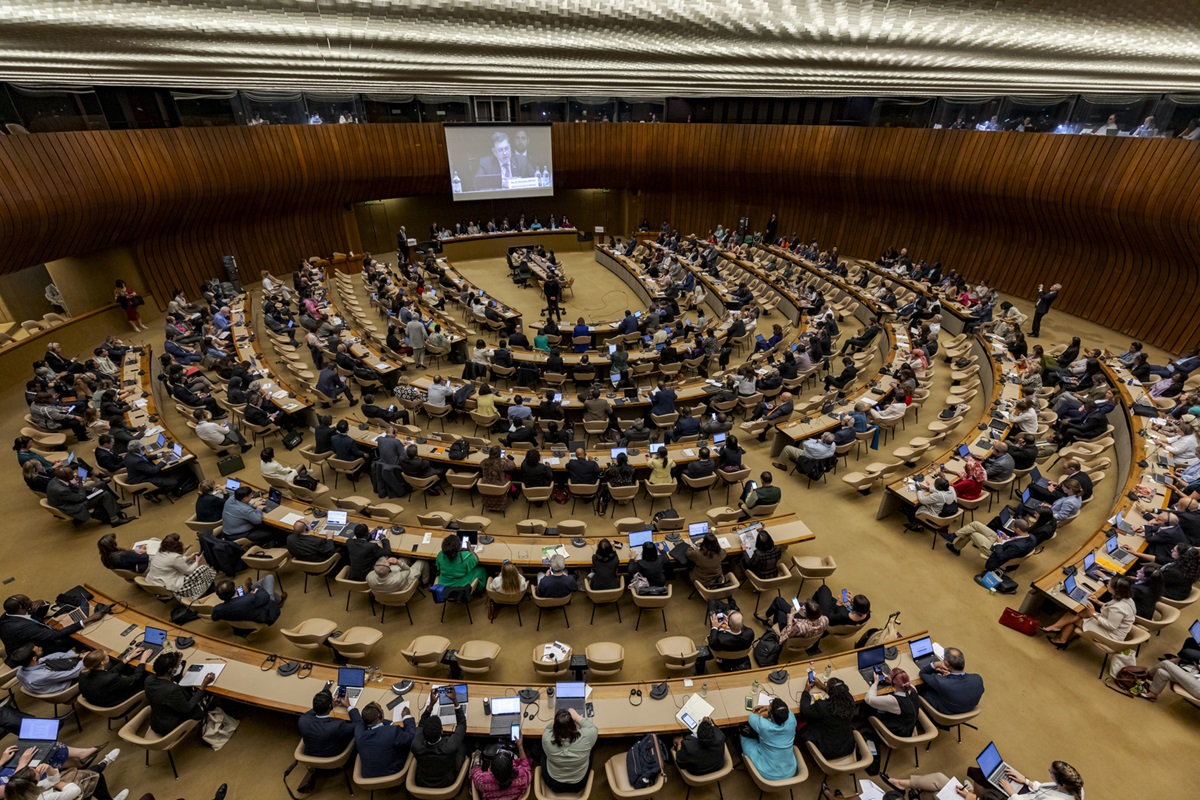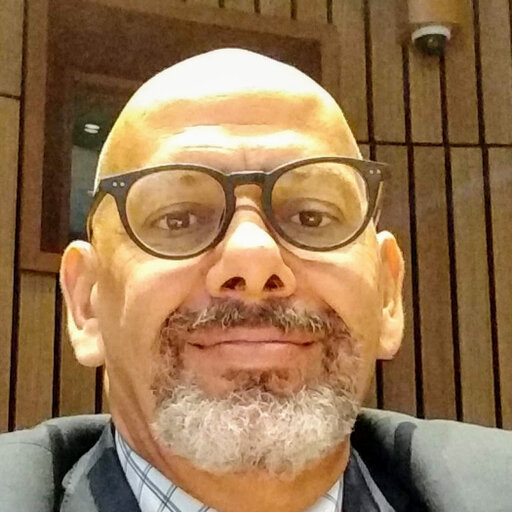The 78th World Health Assembly meets without Argentina and the U.S.

Under the slogan “A World United for Health”, the 78th World Health Assembly, the most important forum for global health, will meet this week in Geneva. For the first time since the creation of the World Health Organization, Argentina and the USA have not been present during the deliberations of the World Health Assembly, which brings together all the ministers and senior health authorities of the world.
Perhaps the most important event of this Assembly is that countries will adopt a treaty to help the world prevent and be better prepared for pandemics. In the CRIS/FIOCRUZ Notes, we have been following the negotiation process of this treaty.
However, another concern that will be raised with the Ministers of 152 countries is to determine the future of the WHO, as the highest global health authority. The decision by the United States to leave the WHO resulted in a significant reduction in its budget. The WHO lost the regular contributions of the United States and the expertise of important technical staff contributed to the organization by the U.S. government.
WHO estimates a $600 million shortfall for 2025 alone and a huge funding gap for the coming years. This significant drain on resources has involved organizational re-engineering of WHO, reducing its departments from 76 to 34. Because of the reengineering, WHO Director-General Tedros Adhanom Ghebreyesus has been forced to let go of important collaborators. Irishman Mike Ryan, who had become a well-known personality for his reports during the Covid-19 pandemic, will leave WHO next month, and will be replaced by Dr. Chikwe Ihekweazu in its emergency program. His cabinet will include Dr. Yukiko Nakatani as assistant director-general for health systems. Dr. Raul Thomas will remain as deputy director general for business operations and regulatory compliance. Dr. Razia Pendse as Tedros' chief of staff. Dr. Jeremy Farrar will assume the position of deputy general manager of health promotion and disease prevention and control. Dr. Sylvie Briand, WHO's director of global pandemic preparedness and monitoring, will take over as chief scientist.
The main debate to be held during the 78th World Health Assembly will probably be about global health financing. In addition to its participation and contribution to WHO, the United States has been cutting its funding for global health cooperation. In a world where most countries are increasing their budgets for weapons, the WHO is promoting a courageous Resolution for the strengthening of global health financing, which aims to give visibility to the issue and seek new sources of funding (health taxes, global health financing pacts, etc.) by urging countries to increase health financing and even to impose taxes on sugar, tobacco and alcohol consumption, as well as reducing out-of-pocket spending on health by the population.
Considering that every year, 43 million people die from a Chronic Non-Communicable Disease, representing 75% of all deaths worldwide. Ministers from around the world will discuss the issue of chronic non-communicable diseases, initiating a dialogue for the future IV High-Level Meeting on NCDs and Mental Health, to be held in New York in September this year.
As a specialized agency of the United Nations in Health, the Assembly will identify technical priorities and priorities to address the challenge of chronic noncommunicable diseases, which have worsened after the context of the COVID-19 pandemic.
Undoubtedly, the World Health Assembly is an area par excellence of health diplomacy and in addition to the official agenda of the WHO, many bilateral meetings and meetings with different key actors such as civil society, philanthrocapitalism, the pharmaceutical industry, and the representatives of the ministries of health of the countries themselves constitute important opportunities for the health of their populations.
About the author:
 Sebastián Tobar is a sociologist, Master and PhD in Public Health and Cooperation Advisor for Latin America at the Center for International Health Relations CRIS/FIOCRUZ, Brazil.
Sebastián Tobar is a sociologist, Master and PhD in Public Health and Cooperation Advisor for Latin America at the Center for International Health Relations CRIS/FIOCRUZ, Brazil.



